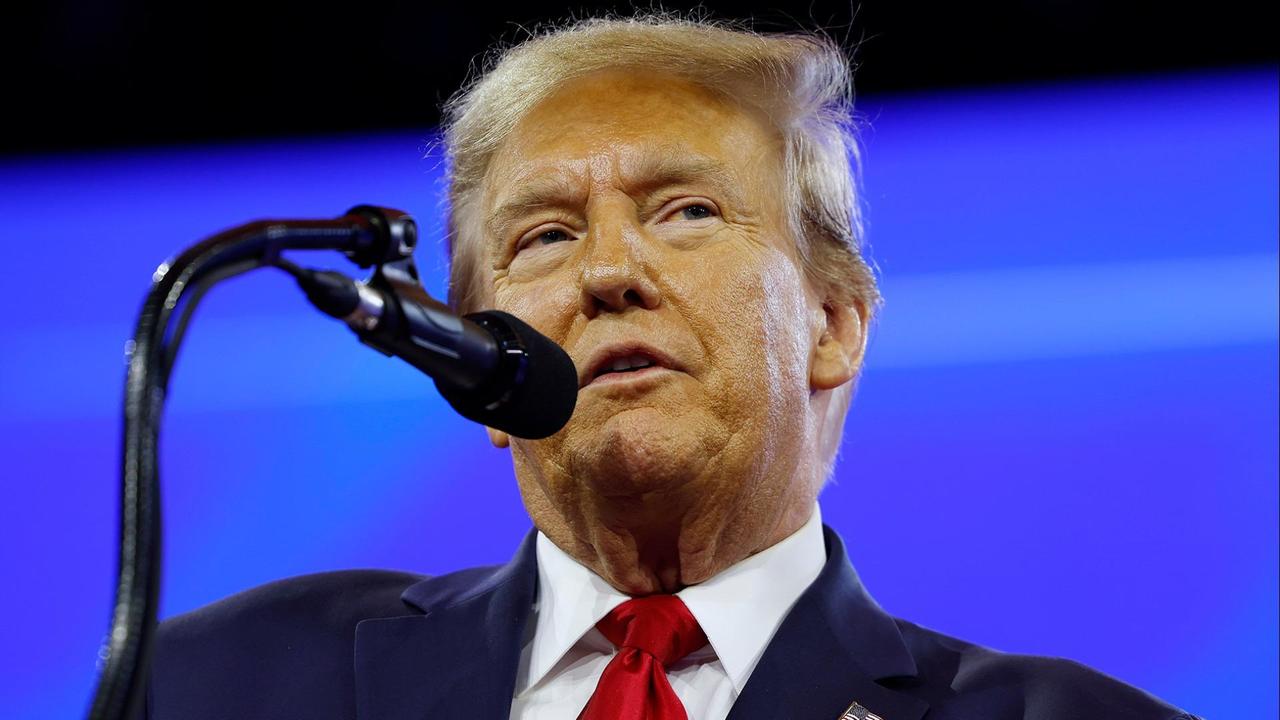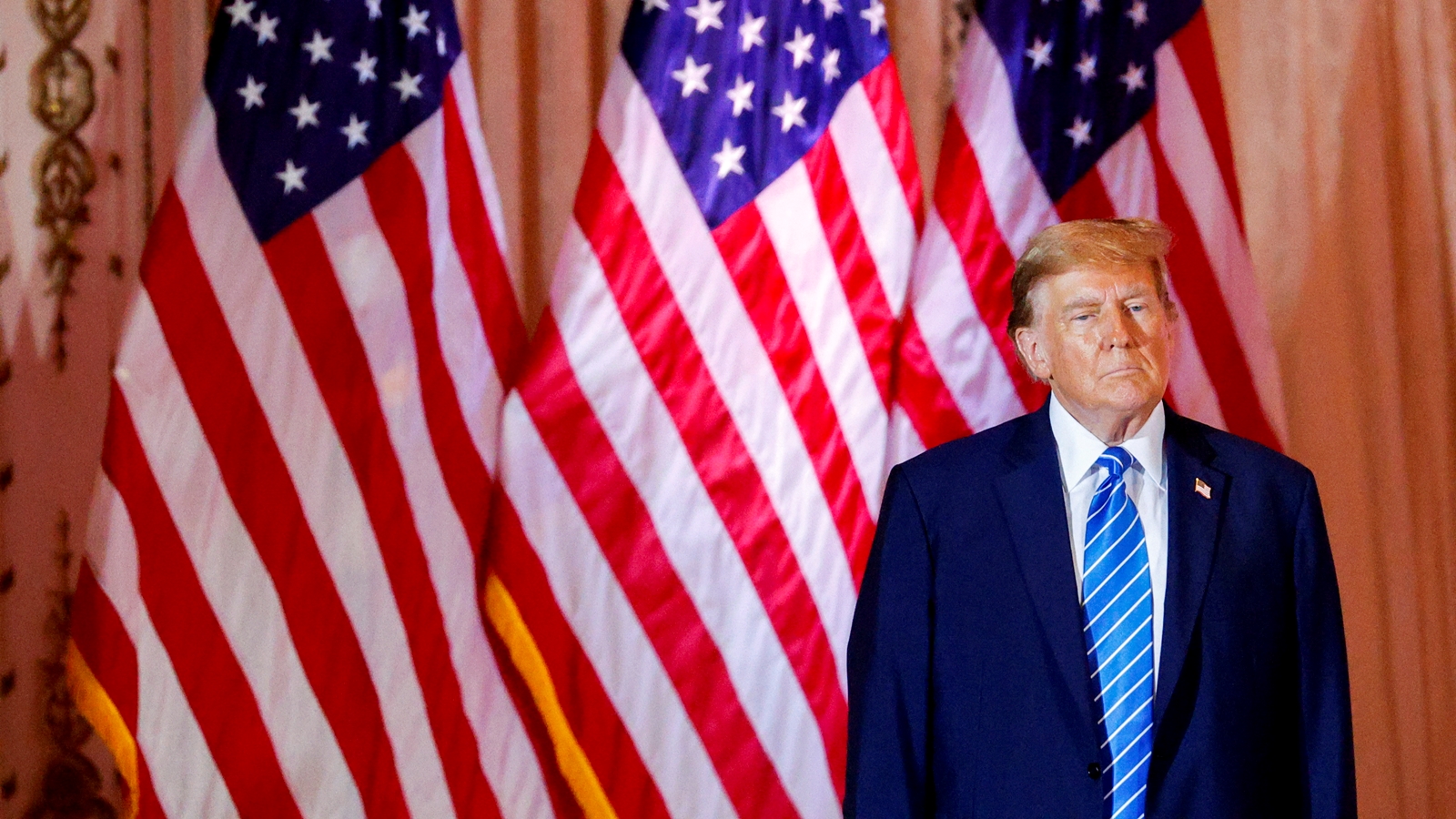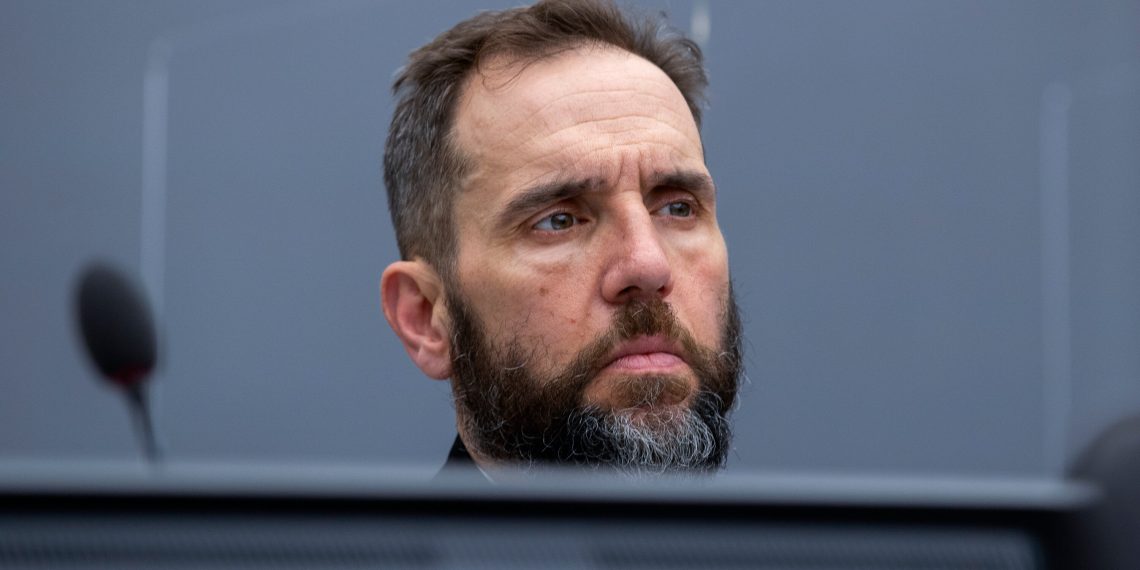Former President Donald Trump is petitioning the U.S. Supreme Court for immunity from criminal prosecution regarding his actions to overturn the 2020 election results. Trump contends that a former president should have “absolute immunity” from criminal charges for official acts.
The case is set to be heard on April 25, following Trump’s appeal of a lower court’s rejection of his immunity request.
In his filing, Trump maintains that subjecting a former president to criminal prosecution for official acts would hinder the functioning of the presidency and undermine its independence.

He argues that immunity is essential to prevent future presidents from facing potential blackmail or extortion tactics, which could influence critical presidential decisions.
Special Counsel Jack Smith is pursuing a criminal case against Trump, alleging offenses including conspiracy to defraud the United States and obstructing the certification of President Joe Biden‘s electoral victory. Smith asserts that prosecuting Trump is crucial to upholding the integrity of the electoral process and safeguarding democracy.
Trump’s legal battles have garnered significant attention, particularly as they intersect with his aspirations to reclaim the presidency. The Supreme Court’s decision to hear arguments on his immunity plea has postponed the trial, providing Trump with a strategic advantage as he navigates multiple criminal cases.

Trump’s quest for immunity faces opposition from critics who argue that holding him accountable for his actions is vital for upholding the rule of law. The legal dispute underscores the complexities surrounding presidential powers and accountability, especially in cases involving allegations of election interference.
The Supreme Court’s conservative majority, which includes justices appointed by Trump, will play a pivotal role in determining the outcome. The case carries significant implications for the future of presidential immunity and the broader implications for democracy and the rule of law in the United States.





